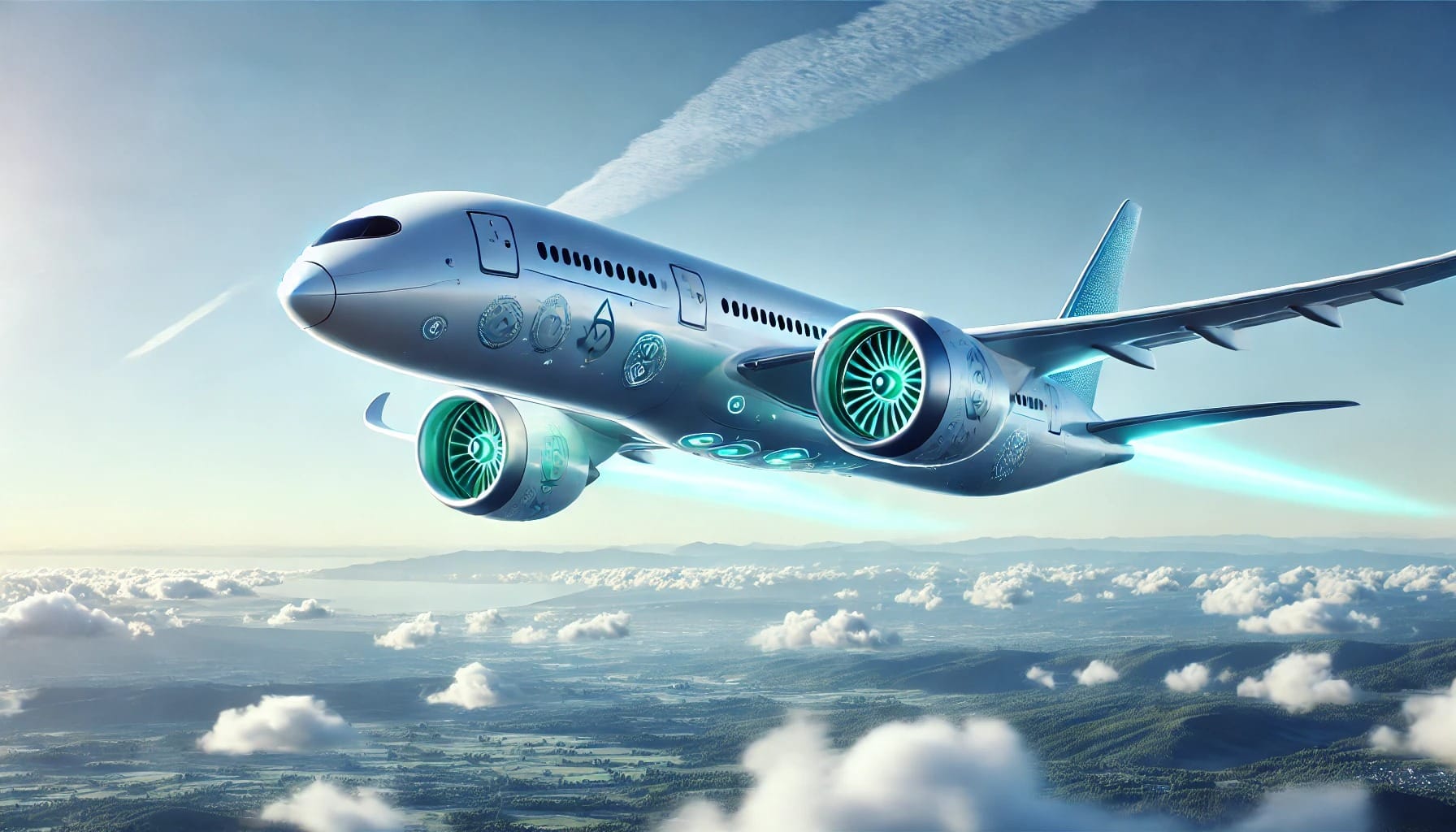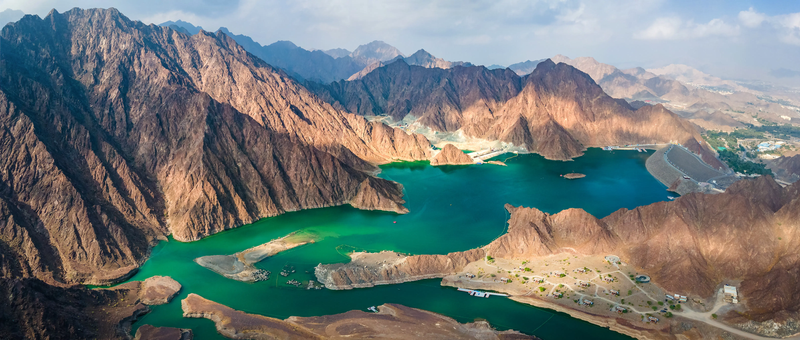Mercantile & Maritime Unveils UAE’s Largest Biofuel Hub
Mercantile & Maritime launches UAE's largest biofuel plant, advancing sustainable aviation fuel production and emissions reduction.

Mercantile & Maritime Group, a global leader in energy and logistics, has announced the launch of a state-of-the-art biofuel processing facility at MENA Terminals in Fujairah, valued at approximately $600 million. This landmark facility underscores the UAE's commitment to sustainable energy and aligns with the nation's "Net Zero by 2050" initiative, marking a significant step towards positioning the UAE as a leader in sustainable aviation fuel (SAF) production.
Set to be completed by 2026, the facility will expand over 93,000 square metres, producing up to 150 million litres of SAF annually. This volume represents nearly 10% of current global SAF production, establishing the plant as the largest biofuel processing facility in the Middle East. The project reflects both Mercantile & Maritime Group’s dedication to environmental responsibility and the UAE’s vision for a greener future.
Understanding SAF and Its Importance
Sustainable aviation fuel, or SAF, is a type of biofuel designed specifically for aviation, derived from renewable resources such as plant oils, agricultural residues, and waste oils. Unlike traditional jet fuel, which is based on fossil fuels, SAF significantly reduces greenhouse gas emissions, helping to combat climate change by lowering the carbon emissions associated with air travel. SAF is particularly important as it enables existing aircraft to reduce their environmental impact without requiring modifications to engines or infrastructure. This seamless integration makes SAF an effective solution to decarbonise aviation, a sector that contributes substantially to global carbon emissions.
The development of SAF also aligns with global and regional sustainability goals, supporting a greener aviation sector by reducing dependency on conventional fossil-based jet fuel. In an industry pushing for net-zero emissions, SAF is critical for bridging the gap between current carbon emissions and long-term climate objectives.
In a statement, Murtaza Lakhani, CEO of Mercantile & Maritime, expressed his enthusiasm for the initiative, saying, “This expansion is a significant step forward for Mercantile & Maritime Group and sustainable energy across the UAE. We are deeply grateful to the UAE’s wise leadership and His Highness Sheikh Hamad bin Mohammed Al Sharqi, Ruler of Fujairah, for his enduring support and vision, which has been pivotal in making this milestone possible. Fujairah’s strategic location and forward-thinking leadership make it an ideal home for our biofuel facility at MENA Terminals, the largest of its kind in the Middle East, and our investment in this facility reflects our commitment to environmental responsibility. In line with the ‘UAE Net Zero 2050’ initiative, we are proud to contribute to a sustainable future for the UAE, and the wider region.”
Highlighting the facility's role in reducing emissions and supporting local production, Lakhani added, “By producing SAF locally, we are reducing the nation’s reliance on imports, thereby lessening carbon emissions and minimising environmental impact across the entire supply chain, including traditional shipping methods. Alternatively, we will utilise the local rail network to transport SAF across the UAE, with future plans for regional distribution. The SAF processing plant will integrate advanced artificial intelligence to optimise refinery operations and maintenance. Additionally, the facility will adhere to global standards set by IATA, CORSIA, and RED III, supporting the highest levels of environmental compliance.”
This ambitious project not only contributes to the UAE’s long-term climate goals but also demonstrates the nation’s strategic position in leading the Middle East towards a sustainable energy future. By investing in SAF, the UAE and Mercantile & Maritime Group are setting a precedent for reducing aviation’s carbon footprint while strengthening the region’s role in the global green energy transition.



